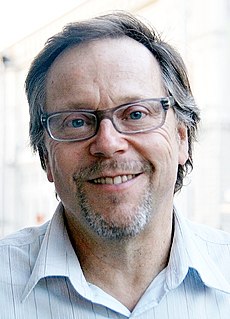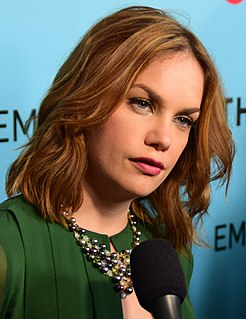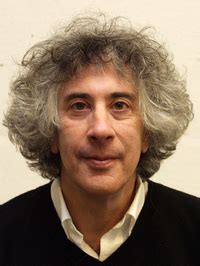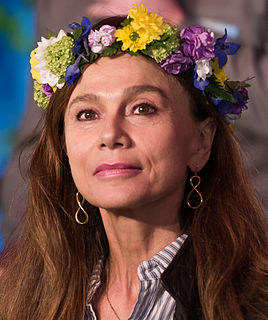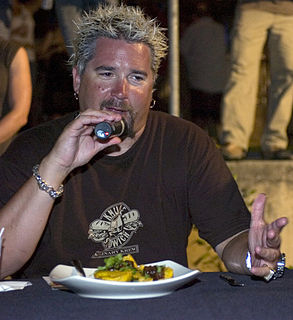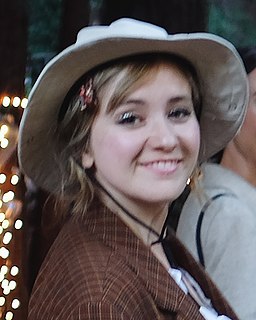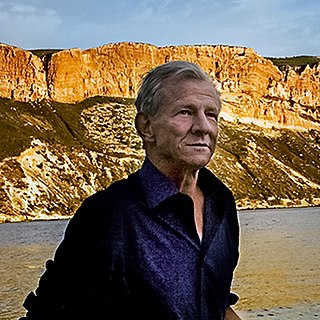A Quote by Michael Dickinson
The fruit flies we work with have the equivalent of about a 25 by 25 pixel camera. But that camera is very, very fast, about 10 times faster than the human visual system.
Related Quotes
The camera has a mind of its own--its own point of view. Then the human bearer of time stumbles into the camera's gaze--the camera's domain of pristine space hitherto untraversed is now contaminated by human temporality. Intrusion occurs, but the camera remains transfixed by its object. It doesn't care. The camera has no human fears.
I liked radio, or podcasting. I like talking minus the camera and the script part. All those mediums are different, and they are all different with their pluses and minuses. I would say the podcast is my favorite because I like the freedom of podcasting. With podcasting you can really mess around with the form and the format. The pace of radio is very fast. Boom, boom, with a little six minute segment, then on to the next thing. With podcasts you can talk about something for 25 minutes if you like - there is a lot of artistic freedom with it.
Look, I really do not care about you. What I care about is the worlds that you bear witness to. You are nothing more than a dog with a video camera strapped on its back. As you walk the streets looking for a place to mate or piss or eat, the camera is on and we will see the world because of you... You carry the camera and we enjoy the world. (On images as autobiography)
I think the equipment you use has a real, visible influence on the character of your photography. You're going to work differently, and make different kinds of pictures, if you have to set up a view camera on a tripod than if you're Lee Friedlander with handheld 35 mm rangefinder. But fundamentally, vision is not about which camera or how many megapixels you have, it's about what you find important. It's all about ideas.
Now everyone's main objective of taking photographs is to have a photograph for Twitter or Facebook. I find that troubling. If you have an opportunity to meet the Dalai Lama, don't work out your camera or iPhone issues. Sit and a listen to what the man is saying, because nine times out of 10, you're not going to look at that photo. You're not going to look at the video. As a photographer, I don't carry a camera. I have my iPhone, but I don't carry a camera. I want to live.
The difference between an amateur and a professional photographer is that the amateur thinks the camera does the work. And they treat the camera with a certain amount of reverence. It is all about the kind of lens you choose, the kind of film stock you use… exactly the sort of perfection of the camera. Whereas, the professional the real professional – treats the camera with unutterable disdain. They pick up the camera and sling it aside. Because they know it’s the eye and the brain that count, not the mechanism that gets between them and the subject that counts.


